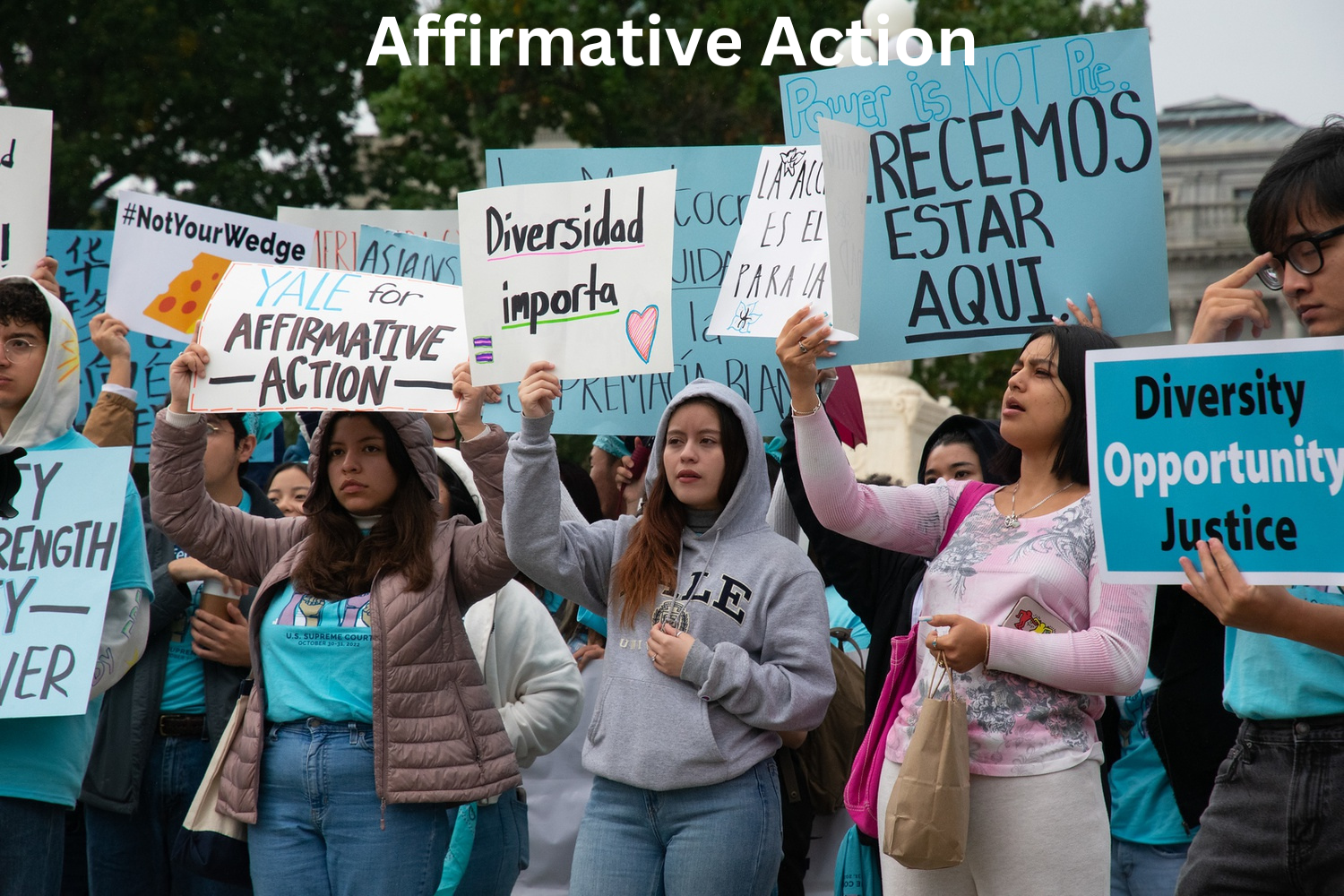What Is Affirmative Action That US Supreme Court Ruled Against
Harvard University | University of North Carolina | U.N.C. | UNC | Affirmative action | In a groundbreaking ruling that reverberates throughout the nation, the United States Supreme Court has unequivocally rejected affirmative action programs at two prestigious institutions, Harvard University and the University of North Carolina (U.N.C.). This resounding decision, backed by a 6-3 majority, unapologetically declares these institutions’ race-conscious admissions policies as unlawful. The response of this verdict are far-reaching, casting a shadow over the future of diversity and equal opportunity on college campuses.
The Court’s Decision:
Affirmative action in the United States | In a captivating display of judicial prowess, Chief Justice John G. Roberts Jr., channeling the majority opinion, emphatically asserts that the admissions programs at Harvard and U.N.C. have veered off the path of the equal protection clause. The majority argues that these programs, lacking clear and justifiable objectives, not only perpetuate harmful racial stereotypes but also lack meaningful endpoints. Justice Sonia Sotomayor, in her thought-provoking dissent, passionately highlights the indispensability of affirmative action in combating racial discrimination, expressing deep concern about the court’s ruling and its potential to exacerbate racial inequality.
Impact on Campus Diversity:
US Supreme Court limits affirmative action in college | Affirmative action | The tremors of the Supreme Court’s decision are bound to shake the foundations of elite institutions, forever altering their demographic landscapes. Brace yourself for an upheaval, as this ruling heralds a probable decrease in the representation of Black and Latino students, inevitably making room for an influx of white and Asian students. But beware, the implications extend far beyond the ivy-covered walls of academia. The tendrils of this decision will snake their way into workplaces, casting a shadow over diversity efforts in hiring practices.
Controversy and Political Reactions:
With the stage set for a dramatic clash of ideals, the ruling has unleashed a tempest of contrasting reactions. Conservative leaders and advocacy groups, donning their ideological armor, jubilantly celebrate the decision, hailing it as a triumphant return to a more conservative interpretation of the Constitution. On the other side of the ideological spectrum, Democrats, led by President Biden himself, don their armor of dissent, vehemently decrying the ruling as a disheartening setback, fueling the urgency to redouble efforts in the fight against racial inequality.
Public Opinion and Backlash:
Venturing into the labyrinth of public opinion on affirmative action is a dizzying endeavor. The mere act of framing the questions, like a magician’s sleight of hand, can alter the response. However, one thread emerges consistently: race-conscious admissions programs have routinely faced disapproval. The question that lingers is whether this decision will ignite a raging backlash. Notably, it diverges from last year’s ruling on abortion rights, which set the public ablaze with fervent outrage.
Future Implications and Lingering Questions:
As the gavel falls, uncertainty looms like an ominous cloud, casting a shadow of doubt on the stability of the law and the court’s very legitimacy. The Supreme Court’s foray into contentious issues, from abortion to guns, now to race, sparks a whirlwind of unanswered questions. What remains to be seen is the extent to which universities can factor in race in admissions moving forward. While the majority opinion gingerly suggests that race can still find a place in college essays, the dissenting justices argue vehemently that this concession falls woefully short.
The Supreme Court’s stunning rejection of affirmative action practises at esteemed organisations like Harvard and the United Nations has drastically altered the landscape of higher education. The admissions criteria of schools and institutions throughout the nation are about to alter, which might imperil diversity and constrict opportunities for students from disadvantaged groups of this ruling reverberate, the pursuit of diversity and equal opportunity in education remains a contentious, ever-evolving battleground within American society.

